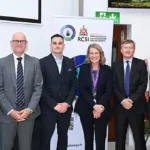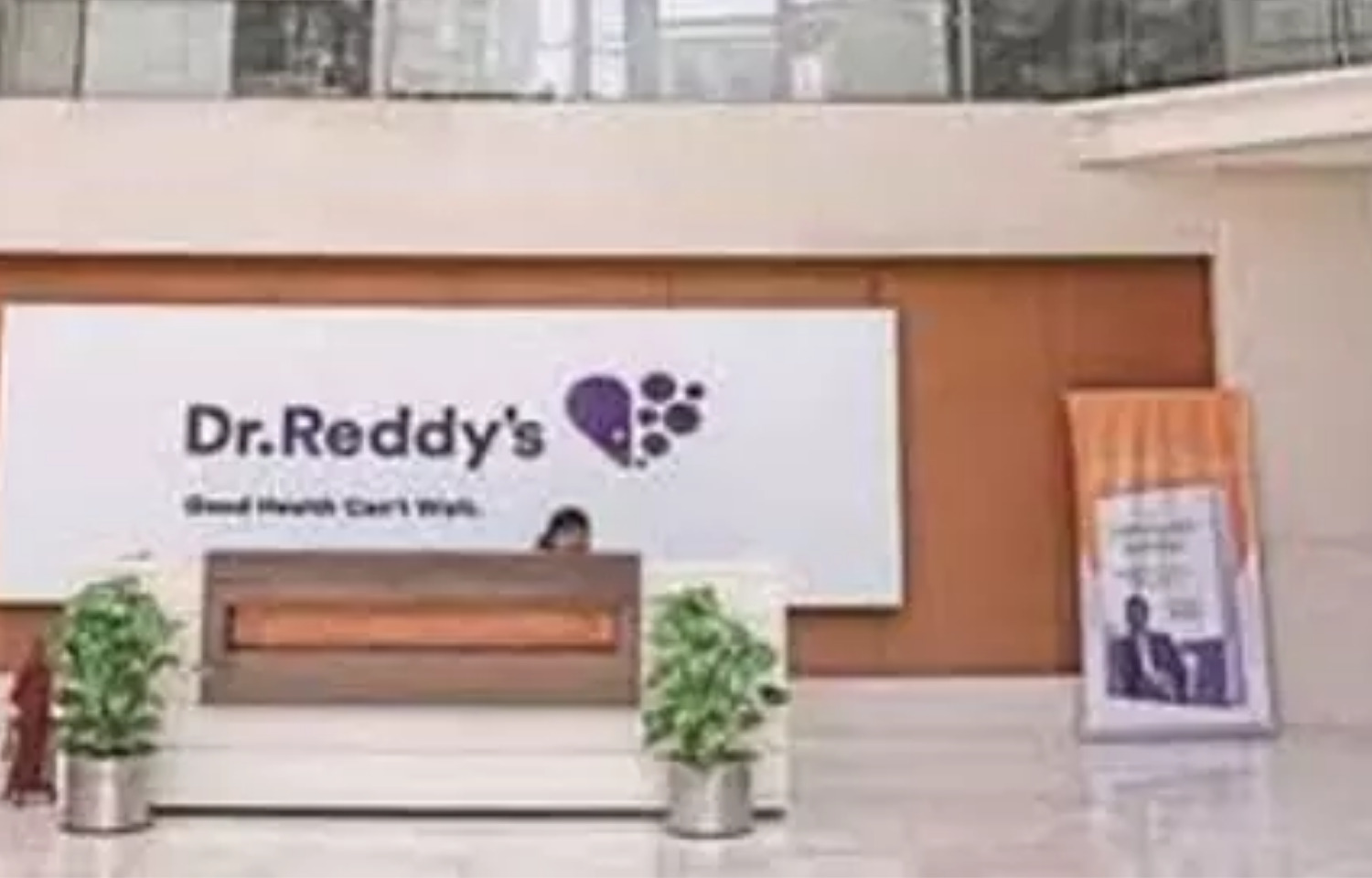RCSI launches ‘Supporting Surgeons in Ireland’ today as 2025 Millin Meeting takes place
Mentorship programmes should be made available to surgical trainees across all specialties, while leadership skills training for surgeons should be aligned to the needs of the individual trainee, a workshop of stakeholders in surgery in Ireland found.
The workshop, convened as part of a new RCSI report, ‘Supporting Surgeons in Ireland’, which is launched today, also identified opportunities for improvement in communicating to surgical trainees, researchers, and senior clinicians.
The report includes a survey of surgical trainees, which found that 61 per cent were aware of a mentorship programme in their specialty. However, when asked if they had accessed a mentoring programme, only 18 per cent found it beneficial.
“This report reflects the voices of surgeons and aspiring surgeons across Ireland and outlines a clear roadmap for sustaining excellence in patient care and surgical education,” said RCSI president Prof Deborah McNamara.
“Building on the College’s long-standing commitment to the professional development and wellbeing of surgeons, the report identifies the areas where support can be improved or better promoted so that we can make the mechanisms and workings of the College even more relevant and worthwhile for the entire surgical community.”
A total of 69 responses were gathered as part of the survey of surgical trainees, which represents around 10 per cent of the trainee body.
More than half (58 per cent) said they were aware of RCSI health and wellbeing supports for trainees, while 69 per cent knew of the College’s role in advocating for trainees through the HSE’s National Doctors Training and Planning (NDTP) unit.
Three-in-five said they had engaged with the Irish Surgical Training Group, an independent body representing trainees as part of efforts to influence training practices. However, 11 per cent had never heard of the group.
Key among the recommendations outlined in ‘Supporting Surgeons in Ireland’ is the importance of having a structured accessible and sustainable mentorship framework in place as well as appropriate leadership training at key stages of the training pathway.
The report highlights the importance of enhancing communication strategies to ensure that trainees and trainers alike understand the breadth of the supports available and know how to access them when required.
A further recommendation is to maintain and evolve the delivery of high-quality Continuing Professional Development (CPD) activities that enable non-consultant hospital doctors to achieve competence in key procedures and examinations, and support practicing surgeons in maintaining and enhancing their skills.
The report will be launched today at the 2025 Millin Meeting, which this year has the theme of ‘Shaping Future Surgical Research and Training’.
The 48th Millin Lecture, entitled ‘Personalised Oesophageal Cancer Care: From Micro, to Macro, to Reality’ will be delivered by Prof Jarlath Bolger, a consultant upper GI surgeon and associate professor of surgery at Beaumont Hospital and member of RCSI’s Early Career Surgeons Network.
Prof Bolger’s lecture will explore recent advances in the treatment of oesophageal cancer care, outline developments from the molecular level through to surgical interventions, and examine how surgeons can embrace the move towards personalised care.
The opening keynote, on innovations in trials methodology, will be delivered by Declan Devane, professor of health research methodology and deputy dean of the College of Medicine, Nursing and Health Sciences at University of Galway.
In her keynote address, Prof Shirley Potter, RCSI national training programme director for plastic and reconstructive surgery, will provide practical insights and guidance about how to balance the management of high-quality research with the clinical commitments of an early career consultant in order to truly deliver on bench to bedside research impact.
Prof Jennifer Cleland of the Lee Kong Chian School of Medicine in Singapore and the Royal College of Surgeons of Edinburgh, will present her research on different perspectives in the development of surgical training.
In the final keynote of the day, Prof Mary Dixon-Woods, director of The Healthcare Improvement Studies Institute at University of Cambridge, will explore an evidence-based approach to improvement and innovation in surgery.
“The Millin Meeting is a celebration of surgical scholarship, leadership and collaboration,” said Prof McNamara.
“It provides a unique opportunity for our community to reflect on how research, training and clinical excellence intersect in shaping the future of surgical care.
“This year’s programme not only highlights the achievements of Irish surgeons but also demonstrates our collective commitment to advancing patient outcomes through innovation and shared expertise.”
The ‘Supporting Surgeons in Ireland’ report can be downloaded here.










